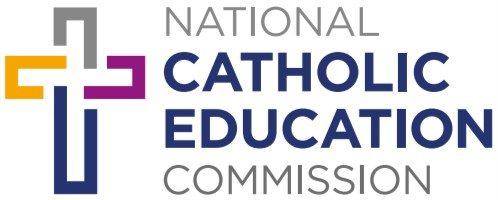25 October 2022
Catholic education has welcomed the Albanese Government’s first budget and commitments to additional university teaching places, early childhood education and student wellbeing.
National Catholic education acting executive director Sally Egan said the government’s first budget has focused on a number of critical areas for education.
Teacher workforce strategies
“The federal government’s move to allocate 4,036 additional teaching places, including 1,469 for early education teachers, is a positive step towards addressing the teacher shortage and ensuring there is a teacher in front of every student every day,” Ms Egan said.
The government will also deliver on commitments to address teacher workforce issues providing: $56.2 million for 5,000 bursaries of up to $40,000 each; $68.3 million to expand the High Achieving Teachers program to support an additional 1,500 candidates; and $27.6 million to implement recommendations from the Quality Initial Teacher Education Review.
“It is important to resource prospective teachers into the profession and build the capacity of early career and experienced teachers to deliver quality education.
“There is still more work to be done in aligning Initial Teacher Education with practical experience, strong mentoring to set teachers up for success, and to continue to develop a strong and committed workforce that supports the growth and learning of every student.
“With nearly 40 per cent of Catholic schools outside of metropolitan areas, we welcome the government’s decision to allocate additional teaching places to students from rural and remote Australia, as well as students from lower income backgrounds and First Nations people.”
Early Childhood Education and Care
“The government’s $4.5 billion to increase Child Care Subsidy rates from July 2023 will help make early childhood education and care more affordable for families,” Ms Egan said.
“We look forward to working with the government to support and grow early childhood education strongly aligned with school communities.”
Australian Government’s National Student Wellbeing Program
The government has also committed $61.43 million per year to continue the National Student Wellbeing Program.
“Student mental health and wellbeing is an increasing concern for school communities and these much-needed funds will help to support the provision of additional professionally qualified staff,” Ms Egan said.
“Addressing student wellbeing is crucial to support student engagement in learning and create responsive learning environments that enable students to flourish and succeed at school.”
Non-Government School Reform Fund
The government has also extended the Non-Government School Reform Fund until the end of 2023 to support the delivery of the National Education Reform Agreement and national priorities such as quality teaching, Initial Teacher Education, teacher accreditation and online formative assessments.
“These are significant reform agendas to improve educational standards and learning outcomes in schools and we thank the government for their commitment and recognition that these areas require adequate resourcing,” Ms Egan said.
NCEC is the peak body for Catholic Education in Australia and is responsible for the national coordination and representation of Catholic schools and education authorities.
There are 1,755 Catholic schools educating over 785,000 or one in five Australian students and employing over 102,000 staff.
